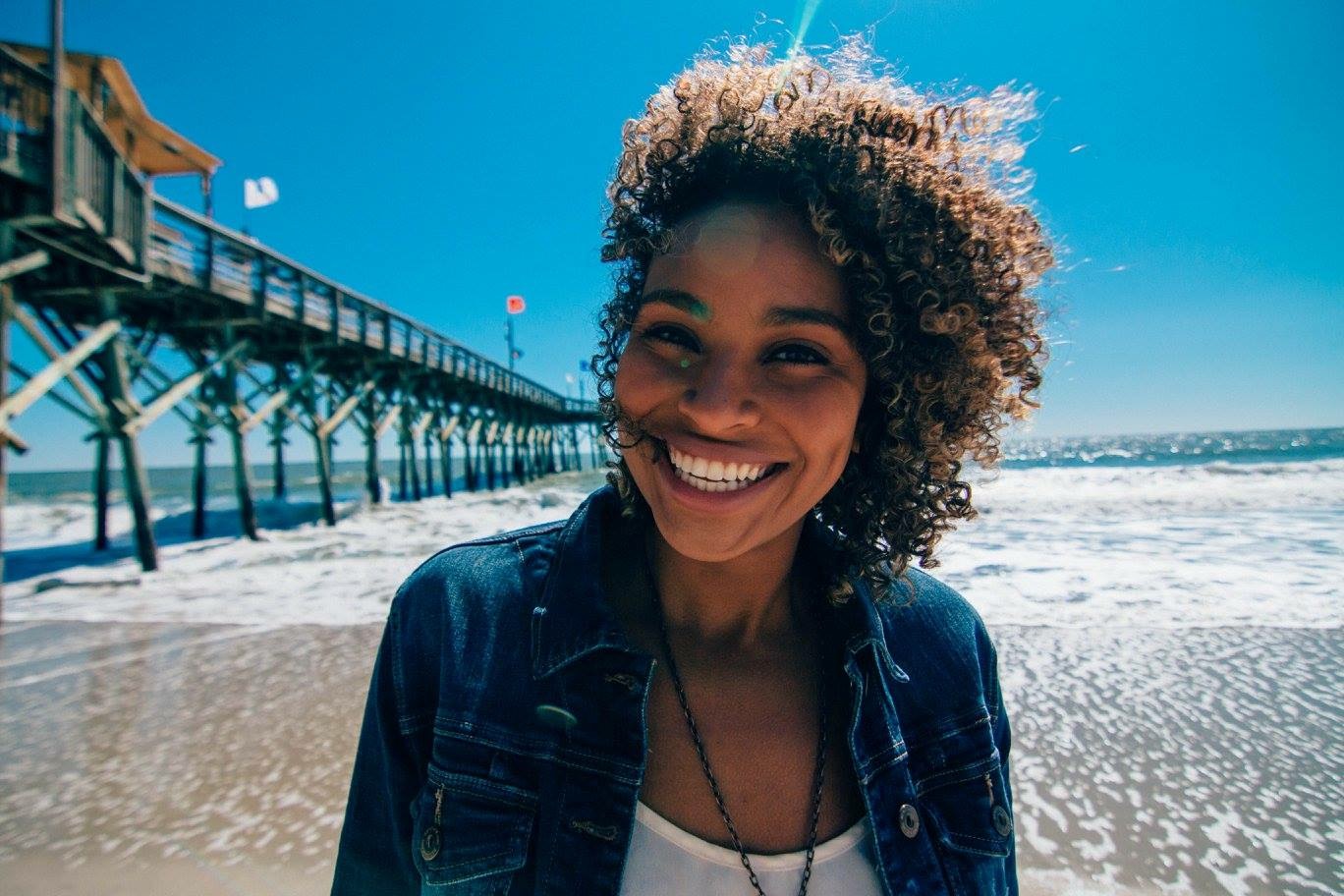
My skin is trending, and not because it glows with the force of a thousand suns like Halle Berry or Beyoncé’s, but because racial tensions have aggravated such a response from society that our feelings have toppled over into a million scenarios played out by African Americans in communities desperate for answers, desperate for change.
Hi, my name is Nike Ohonme – and I’m Black, if we want to get technical; I’m biracial. My dad is from Lagos Nigeria and my mom a Norwegian blonde haired blue eyed angel from Fargo, North Dakota. They met in college; my beautiful African father came to the states on a basketball scholarship. My mama, a small town girl, stayed near to home. They met after both being nominated for homecoming king and queen, of course. Spend 20 minutes with them and you’ll see exactly why.
I’ve had the privilege of growing in multi-ethnic communities (thanks to my interracial parents) which is incredibly easy to find when you live in a city like Charlotte. It’s why I never thought much of blatant racism. I mean, the city is home to 2,618,563 people from all sorts of backgrounds and every culture you can image. You never think a city that large could serve as a breading ground for racist yeast to rise.
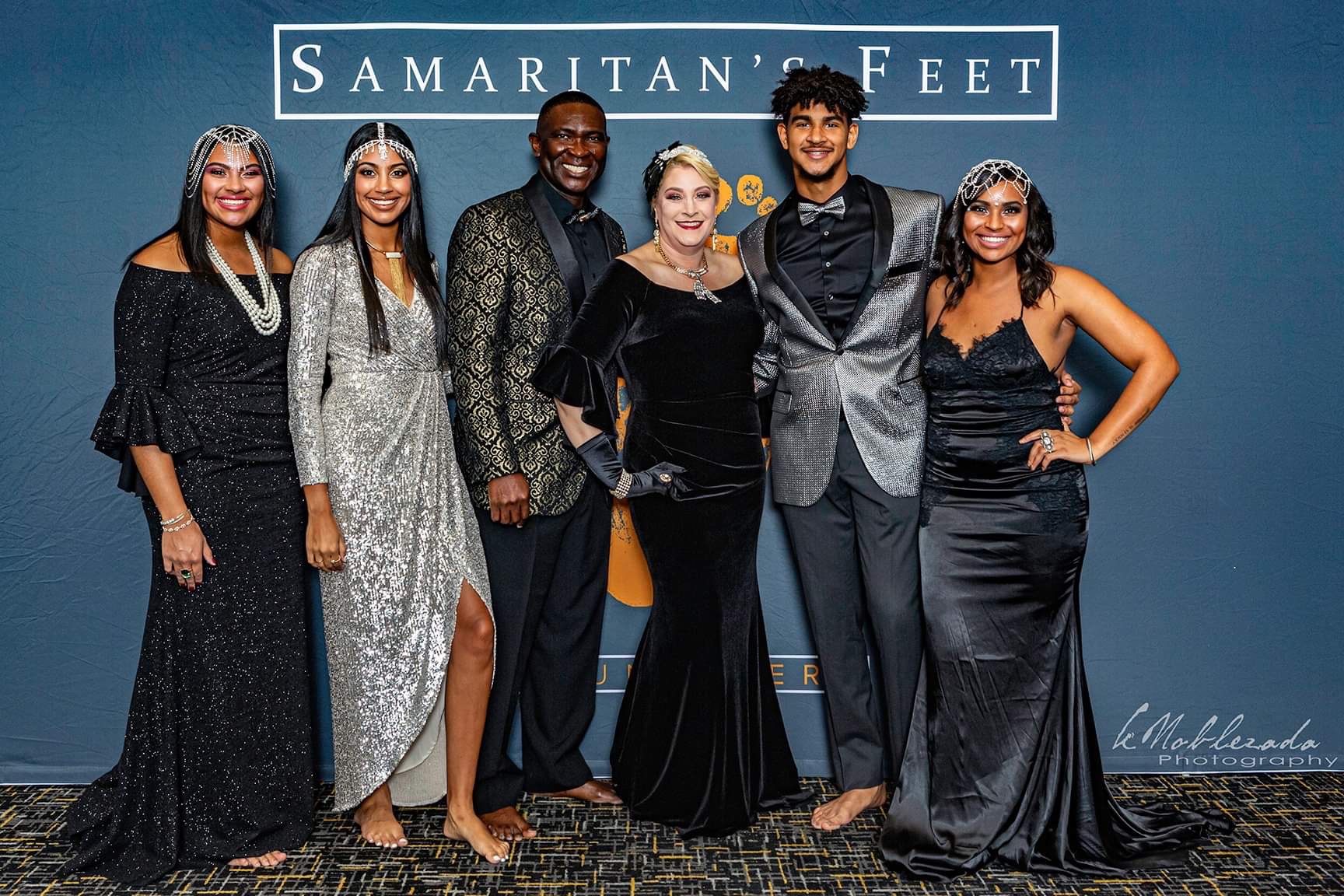
Wrong; I remember, at a very young age, people questioning if my mother was my mother, or my ‘nanny’ because she was a white lady. I remember my first grade teacher questioning the paternity status of my father and if he was allowed to pick me up from school because he was a different looking Black man. And that was just first grade. In high school I can vividly remember Black history month being the worst time in my life. I remember my history teacher saying “lighter skinned slaves would serve in the home of their owners, where dark slaves would serve outside because they were dark and not as beautiful.” And my teacher and classmates looking to me for clarity – as if our value is founded in the hues of our melanin. When you go to a private school and are one of two Black kids in your senior class of a few hundred, you can’t help but feel singled out.
I remember, at a very young age, people questioning if my mother was my mother, or my ‘nanny’ because she was a white lady. I remember my first grade teacher questioning the paternity status of my father and if he was allowed to pick me up from school because he was a different looking Black man.
By college, I thought I had made it; I thought it would get better. Liberal schools don’t discriminate against people of color. This is a new start. Nope. The same ignorance followed.
Although this time, I remember racism rearing its ugly head in more obvious ways. My college is located in the heart of a beach town in South Carolina, a state bathed in confederate war pride. Flags, statues of confederate soldiers and an old KKK camp are just a few of the state’s landmarks; a state where the largest slave shipping port was only an hour away. I remember white middle aged men spitting in my direction. I remember women judging me while shopping in boutiques. I remember being turned down for numerous job interviews because my name was hard to pronounce, or people identifying me as “the pretty Black girl with light skin and curly hair.” I remember my white girlfriends asking me if I knew of any “good Black guys” I could hook them up with because they wanted biracial babies, a trend that irks me, especially when you consider how much interracial couples had to fight for love; couples like my parents. But that’s a separate conversation for another day.
My skin has always been a point of contention for me, on my best of days: I love being Black. On my worst of days: I still love it, even if I fear the reactions of white people around me and here’s why: In 2017 I moved to the Midwest, I took a job, loved it and haven’t made the move back to the South quite yet. I love the people, I love the Midwestern kindness, and I love the welcoming, hardworking spirits of the people. What I don’t love is how aware of my skin I am.
I currently live in North Dakota where African American’s only make up two percent of the population of the state. TWO PERCENT. To put it plainly, everywhere I go I see white people, I see very little diversity, I see a lack of representation and a blissful ignorance towards people of other ethnicities. Not because people are inherently racist but because, for the most part, people haven’t exposed themselves to other ethnic groups and even if they have the desire for education to better understand said ethnic group is next to none.
Unless we see a killing like George Floyd. Then people speak up and listen, then people see.
I’m not here to dwell on what non-black allies aren’t doing, I’m here to focus on what we can do.
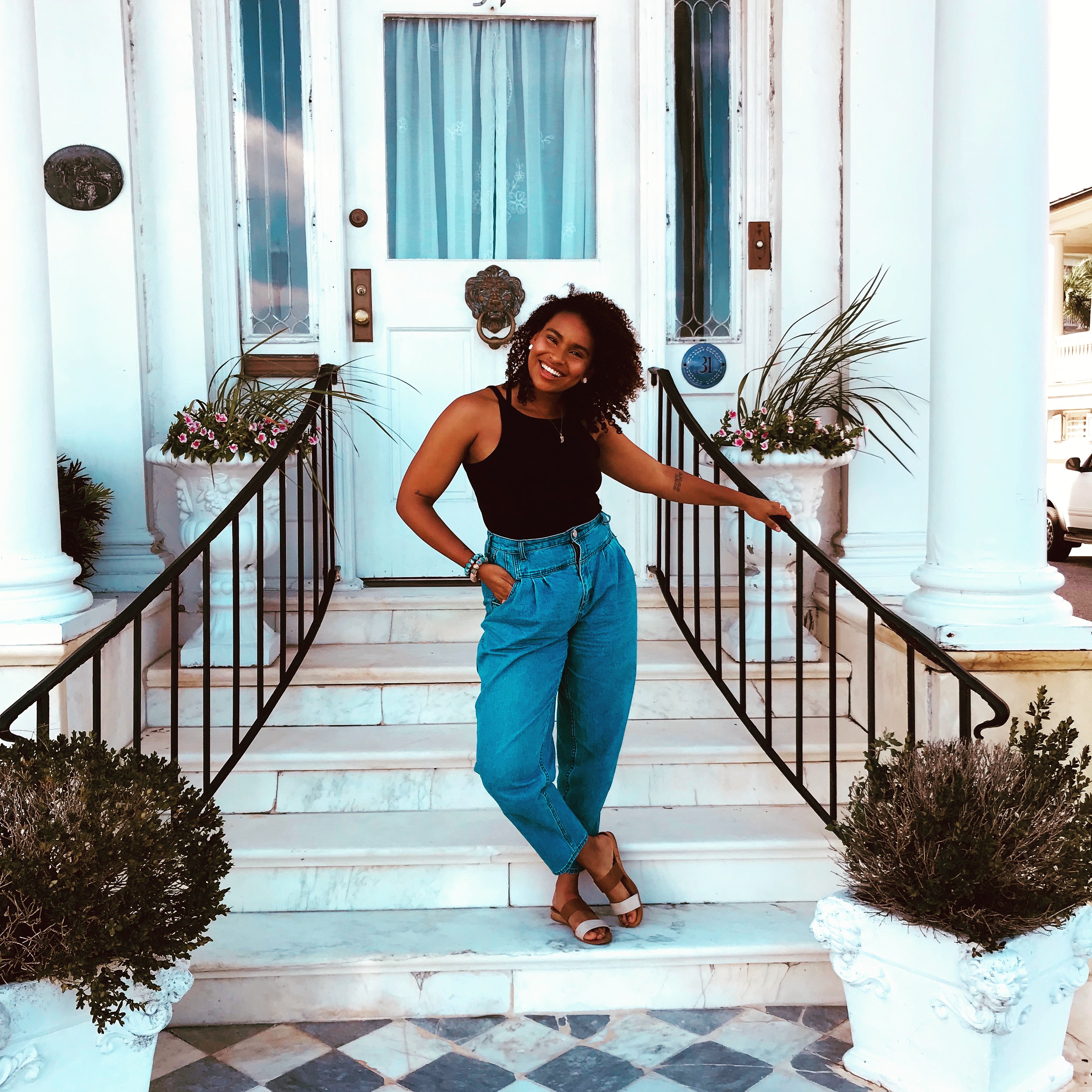
Earlier I mentioned I’m very aware of my skin. Well, when a member of the African American community is mistreated by law enforcement and then killed, or hung by a tree and it’s ruled a “suicide,” or is shot in their home, or is murdered in their place of worship… I’m more aware of how people treat me, especially while living in the Midwest.
I’m met with conflicting questions by people who cannot seem to wrap their minds around why this is a big deal, or why this matters – and by the same token I’m met with an overwhelming amount of compassion, kindness and empathy.
Why is this important to hear? Your black friends, family and strangers are hurting. Our stories matter, and there never seems to be enough time to share our stories, our experiences like I have here – before rash judgments or presumptions are made.
So I leave you with a couple of clarifying notes:
- We aren’t dangerous, not all anyways. We want to coexist in a space that makes us feel safe, empowered and heard.
- We don’t believe rioting and looting is good, and when you see it consider this: when a little kid pitches a fit, you aren’t paying attention to the fit so much as what is causing the fit. This is what is happening, black people are tired of trying it “your way,” of being patient to being treated with equality and when that happens heartache and fits are pitched. It doesn’t make it right, I encourage you to look into the white night riots, where white people were so upset that blacks were thriving that they actively destroyed black communities, looted rioted and killed black people, and then read into look into the “King assassination riots” or the riots of 1968 following the assassination of Martin Luther King Jr. These historical moments explain why rioting has become such a natural reaction.
- We aren’t anti-law enforcement: we’re anti bad law-enforcement. We recognize people will break the law and we’re not demanding a lack of punishment for criminal actions. We’re demanding justice for HOW the criminalization process happens to African Americans, the mistreatment of African Americans in police custody and the sentencing therein that follows. So when you see us protest, this is why.
- Educate yourself, it’s not our job to educate you on African American History (in my opinion). That’s any non-Black ally’s job. Our job is to help be a resource; a source of information for things present and future, and to encourage and thank you for standing with us.
- Ignorance is compliance. Just because people don’t say blatant racist things doesn’t mean it deserves to go uncorrected. Be kind and loving in your approach, and have hard conversations with those you have intimate relationships with. Safe spaces are important for these topics.
- You don’t need it, but you have our permission to ask hard questions. We realize there is no great way to approach a conversation centered on race in this climate, but I guarantee you your Black friends will be willing to have those hard conversations with you.
- We thank you, non-Black allies for rallying; for risking a lot. We know this is a sensitive time where a lot of darkness is finally coming to light, where hard conversations are finally starting to take place. We need all voices yelling as loud as possible for justice, whether you just joined in on the movement, or have been fighting this fight with us for years, we thank you. You are valued, appreciated and always welcomed.
We need you, long after #BlackLivesMatter isn’t a trending topic, our lives aren’t meant to fit your aesthetic. We aren’t a blip in history you get to ignore.
Next steps for us all: educate yourself, plug into multi-ethnic groups, join diversity clubs and organizations, support local Black business, start at home, share stories and culture in your home, accepting African American culture can’t start and stop with your favorite artists, athletes, pastors, musicians and friends.
We need all voices yelling as loud as possible for justice, whether you just joined in on the movement, or have been fighting this fight with us for years, we thank you. You are valued, appreciated and always welcomed.
Follow Nike on Instagram and the Ohonme family’s organization, Samaritan’s Feet
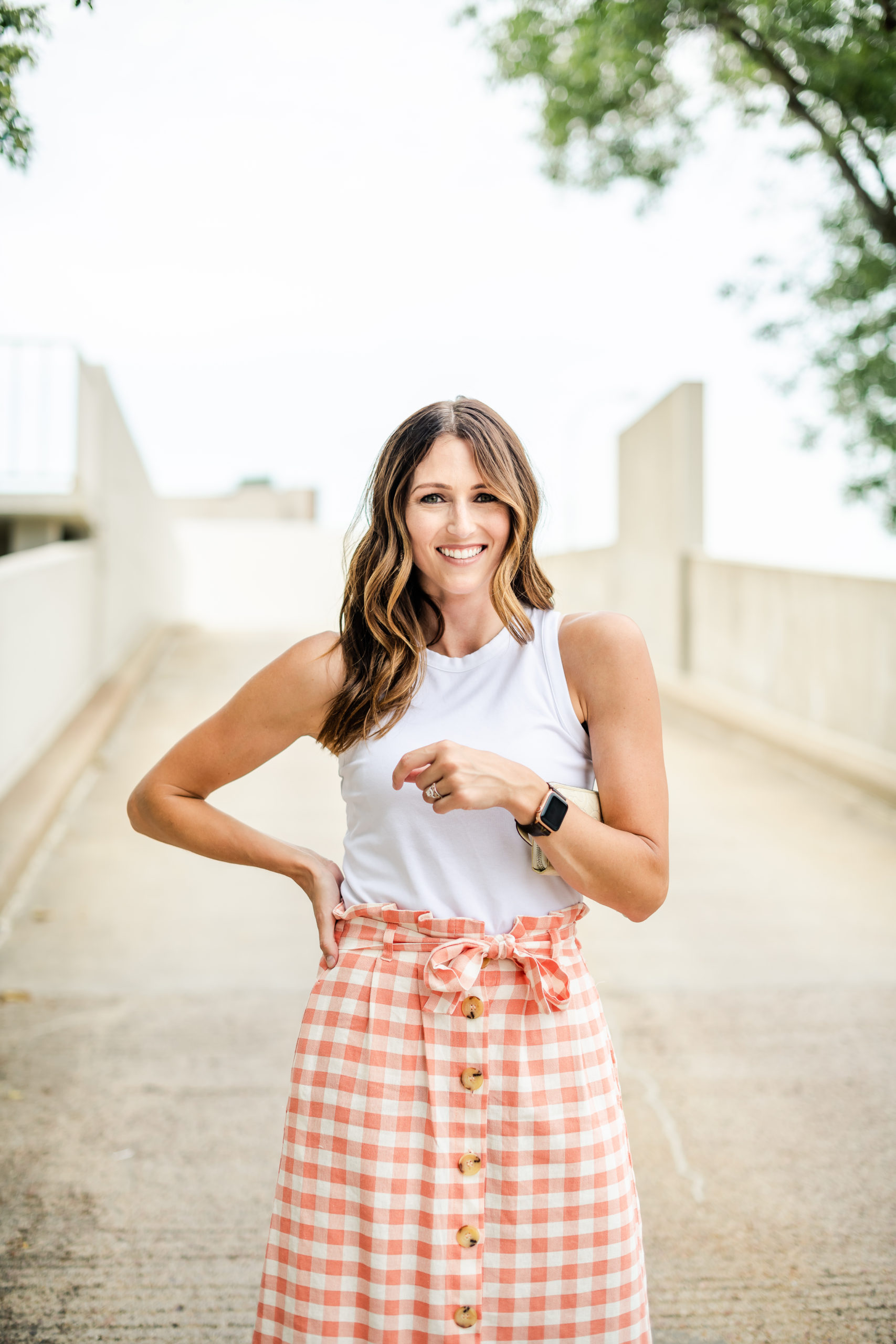 Midi Skirts & Big Changes
Midi Skirts & Big Changes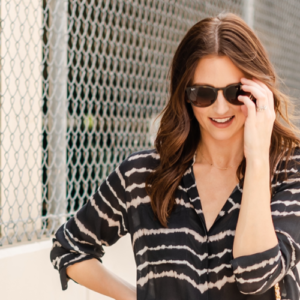 Recent Purchases – Fall 2020
Recent Purchases – Fall 2020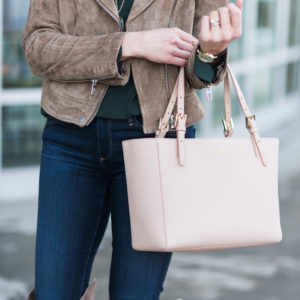 Suede Jacket Outfit
Suede Jacket Outfit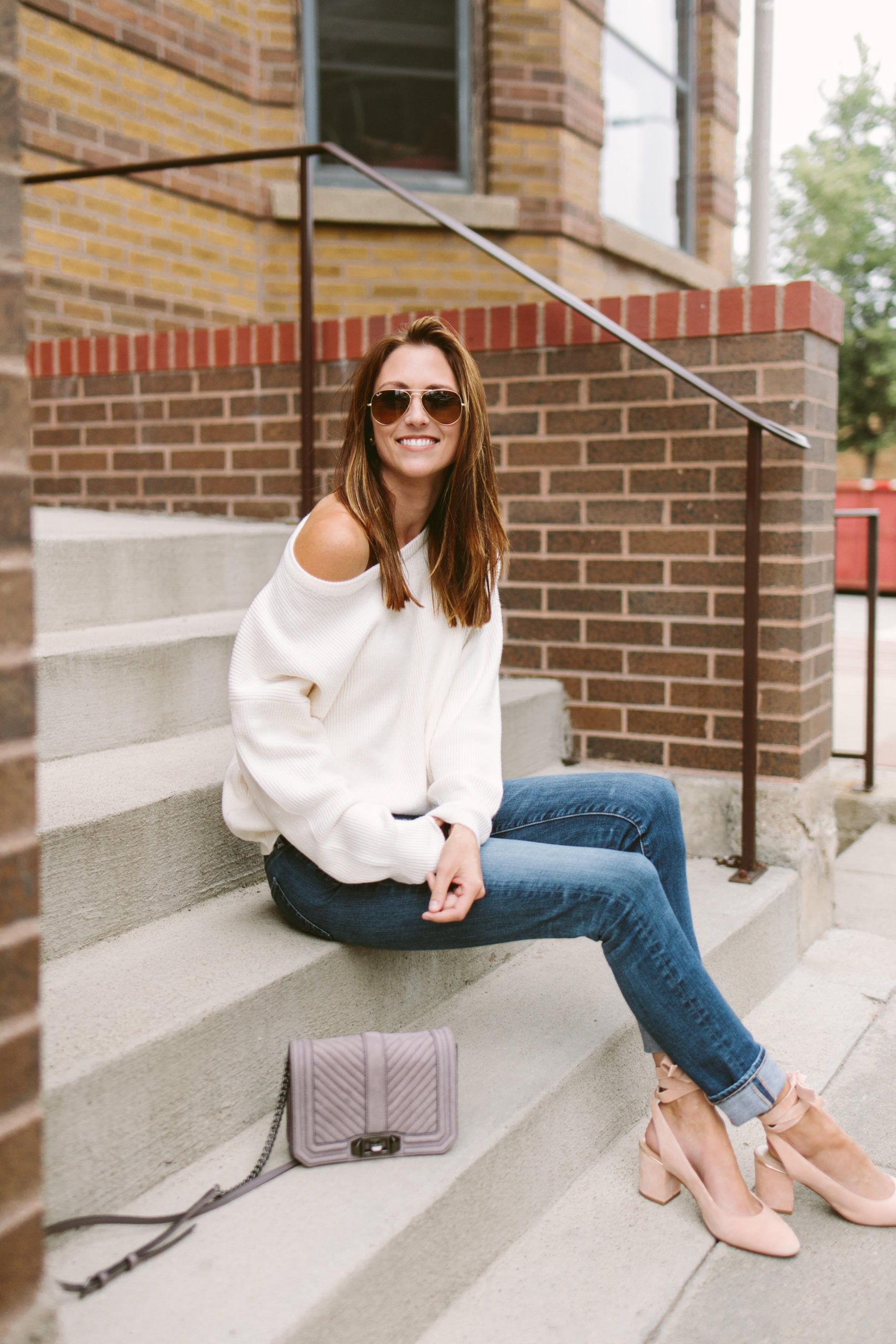 St. Patrick’s Day Sale Finds
St. Patrick’s Day Sale Finds


Leave a Reply